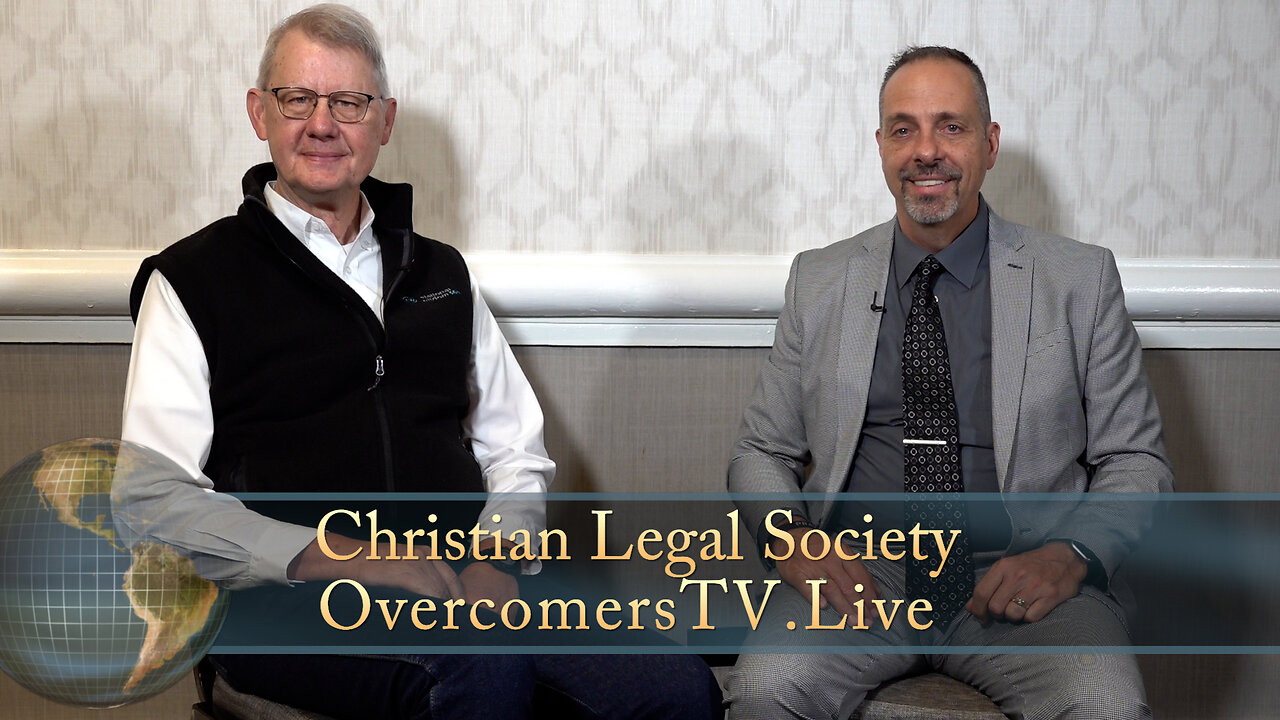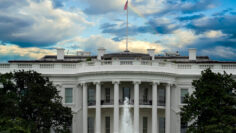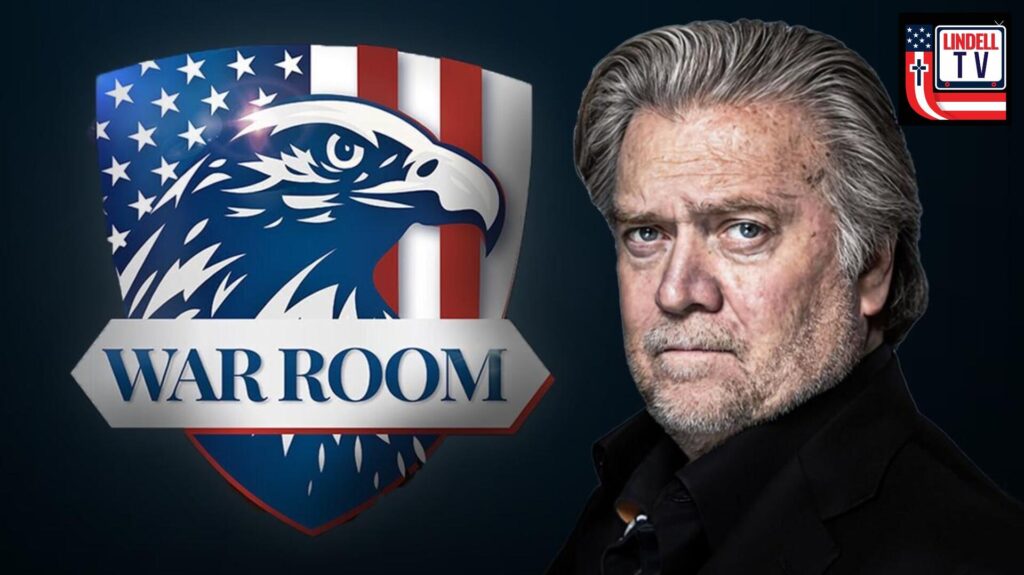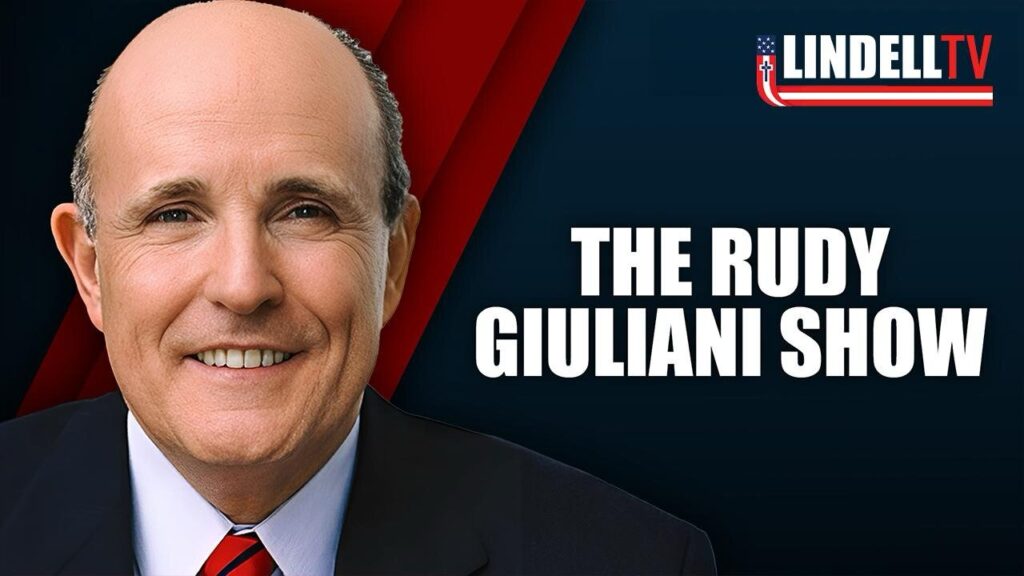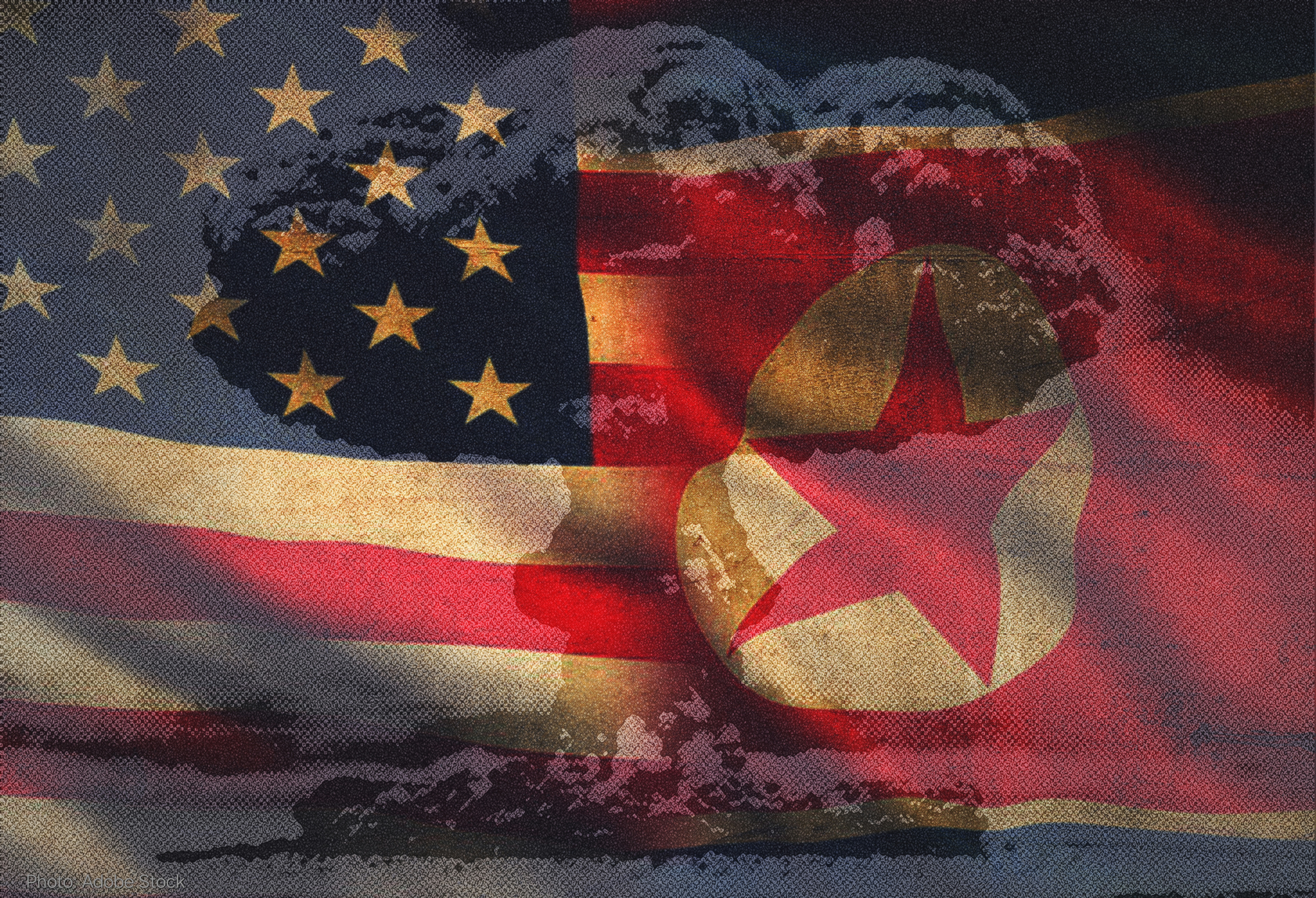
Op-Ed: Fire, fury, and foreign policy: Will Trump repeat his North Korea approach with Iran?
By Easton Martin
Amidst the conflict between Israel and Iran, Americans are wondering: will the United States get involved? President Trump ran his campaign on a platform of peaceful foreign policy, one that seeks to avoid foreign conflict if at all possible. The nation now finds itself staring in the face the possibility of yet another middle east conflict with Israel asking for support in their offensive against the Iranian regime’s possible nuclear facilities. Trump’s comments as of late have left many voters and Americans alike wondering when, or if, the U.S. will strike Iranian targets.
Many of Trump’s recent comments seem to hint at near involvement in the conflict, such as his comments to reporters that he “may do it, (or) may not do it”. Consider also the president’s statement on Truth Social:
“We know exactly where the so-called “Supreme Leader” is hiding. He is an easy target, but is safe there – We are not going to take him out (kill!), at least not for now. But we don’t want missiles shot at civilians, or American soldiers. Our patience is wearing thin. Thank you for your attention to this matter!”
Perhaps Trump isn’t yet sure what he wants to do, perhaps he is. But maybe we should consider a third option: what if it’s just all talk? What if his intent isn’t to blow up Iran as some have suggested, but to seem dangerous, scaring them back into treaty talks?
Consider for instance Trump’s history of dialogue with another rogue seemingly nuclear regime, North Korea. In August of 2017, during a time of increased missile provocation from the dictatorship, Trump warned North Korea that their actions “will be met with fire and fury”.
In a speech in front of the UN in September of 2017, the president referred to Kim Jong Un as “rocket man”, saying that the U.S. is “ready, willing, and able” to take action on North Korea. In January of 2018 posting to Twitter, the president took things up a notch, even going so far as to reference nuclear conflict:
“North Korean Leader Kim Jong Un just stated that the ‘Nuclear Button is on his desk at all times.’ Will someone from his depleted and food starved regime please inform him that I too have a Nuclear Button, but it is a much bigger & more powerful one than his, and my Button works!”
Trump’s tough dialogue with Kim Jung Un seemed to lead to positive relations, as the two began to meet to discuss US-North Korea relations in June of 2018 in Singapore. Trump and Kim followed up with another summit the following year in Hanoi which led to a deadlock over sanctions relief and nuclear disarmament terms.
In June of 2019 in a meeting with Kim, Trump crossed the demilitarized zone into North Korea, the first sitting U.S. president to do so. During a brief meeting, Trump and Kim agreed to restart nuclear talks within weeks.
In the wake of Covid, diplomatic progress stalled as focuses shifted to containing the virus. Although progress is debatable, it is clear that Trump’s strategy of bold rhetoric towards rogue leaders was successful in drawing them into dialogue.
In the case of Iran, it remains to be seen if Trump is using this same strategy. Knowing him, it seems entirely plausible, as it would also fit within his isolation leaning foreign policy.
Many have rightly warned that the United States must avoid being drawn into yet another foreign war. We don’t need another Vietnam, nor should we fall for another hunt for so-called “weapons of mass destruction.” I’d like to believe that President Trump is once again using his trademark tough rhetoric as a strategic deterrent, not as a prelude to dragging our nation into another Middle East conflict. Only time will tell.




